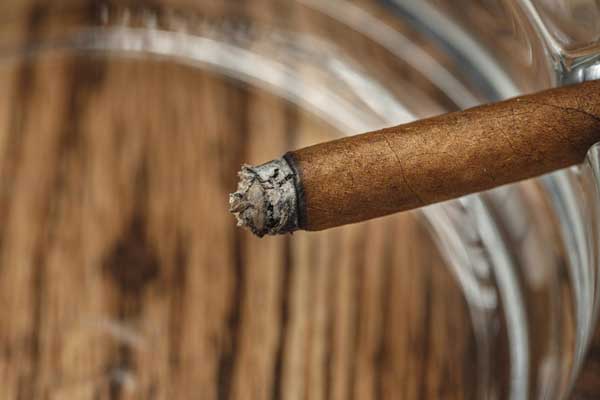Cuban cigars, often hailed as the epitome of luxury and sophistication, have captured the imagination of cigar enthusiasts worldwide for centuries. In this article, we will delve into the fascinating world of Cuban cigars, exploring their rich history, quality, and the reasons behind their enduring allure. Additionally, we’ll address the prevalent issue of counterfeit Cuban cigars in the US market.

The Art of Cuban Cigar Making
For over 200 years, the art of making Cuban cigars has remained largely unchanged. This meticulous process takes about a year from the cultivation of tobacco leaves to the creation of the final cigar. Each leaf is grown, harvested, and then subjected to a slow fermentation process, enhancing its flavor, aroma, and burning characteristics. These leaves are carefully inspected for type, appearance, and quality, then handed to highly skilled cigar rollers known as “torsodors.” The heartland of Cuban cigar production is Pinar del Río, where 70% of premium cigar tobacco is cultivated. Cuban tobacco growers attribute the unique quality of their cigars to the region’s terroir, the environmental factors that affect the crop’s characteristics.
Quality Control: Cuban vs. New World Cigars
While Cuban cigars have long held the reputation for the pinnacle of quality, new players in the cigar industry from countries like Nicaragua and the Dominican Republic have gained prominence. New World cigars are increasingly recognized for their superior quality control procedures, offering consistent excellence in construction and blending. In contrast, Cuban cigars have faced criticism for their quality control, with reports of some boxes containing cigars that do not meet expected standards. Despite these issues, many cigar enthusiasts, like Mitchell, still prefer Cuban cigars for their unique charm.
Factors Influencing Cigar Prices
Several factors determine the price of cigars, regardless of their origin. These include the cigar’s size, vitola (shape), age, and branding. Larger cigars, unique shapes, and older cigars with intensified flavors tend to command higher prices. However, branding plays the most crucial role in pricing. Habanos, a corporation partly owned by the Cuban government, controls the commercialization of all authentic Cuban cigar brands. Not every Cuban cigar qualifies as a “Habano,” and these approved brands are held to stringent quality control standards, protecting against counterfeiting.
The Cuban Cigar Ban in the United States
One of the most significant factors affecting Cuban cigars in the US is the longstanding trade embargo, initiated by President John F. Kennedy in 1962. This embargo prohibited the importation of Cuban cigars into the United States. Ironically, it both increased the desire for authentic Cuban cigars among American smokers and created a thriving black market for smuggled and counterfeit cigars. Despite being unable to legally import Cuban varieties, the United States remains the top consumer of cigars globally.
The Future of Cuban Cigars
As the cigar industry continues to grow worldwide, concerns have arisen regarding Cuba’s ability to meet the increasing demand for its cigars. Factors such as agricultural challenges and shipping disruptions during the global pandemic have raised questions about the future supply and pricing of Cuban cigars. The market’s response to these challenges remains uncertain.
Conclusion: The Enduring Appeal of Cuban Cigars
In conclusion, Cuban cigars maintain their allure and mystique, based on centuries of tradition, terroir, and the perception of prestige. While new world cigars have gained recognition for their quality control, many connoisseurs still consider the most authentic smoking experience to come from Cuban cigars. Despite the prevalence of counterfeits in the US market, the allure of Cuban cigars remains strong, offering a taste of tradition and luxury that captivates enthusiasts worldwide.
